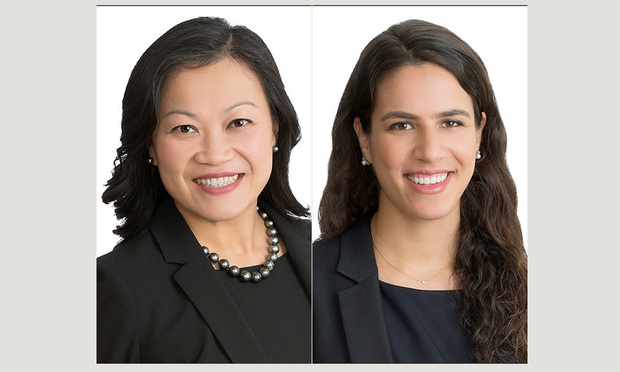Increasingly, law firms are incorporating programs to raise awareness and understanding of unconscious bias in their diversity and inclusion initiatives. For good reason, because recognizing how attitudes and stereotypes impact our decisions and actions in an unconscious way—and learning how to overcome those unconscious biases (sometimes also referred to as implicit biases)—can help to increase diversity of representation and, in turn, promote inclusion in the legal profession.
This is undoubtedly important from a social justice perspective because, as lawyers, we are champions for justice and equality. It is also good for business because we know from the research that diverse teams and organizations have a competitive advantage in making better decisions and financially outperforming their less diverse cohorts. See, e.g., ”Delivering through Diversity,” McKinsey & Company, January 2018. And, corporate clients continue to state their preference for hiring law firms that embrace diversity and inclusion, as most recently demonstrated by the “Open Letter to Law Firm Partners” that was signed by over 170 general counsel posted to LinkedIn.


 From left, Sophia Lee and Asima Ahmad, Blank Rome.
From left, Sophia Lee and Asima Ahmad, Blank Rome.




